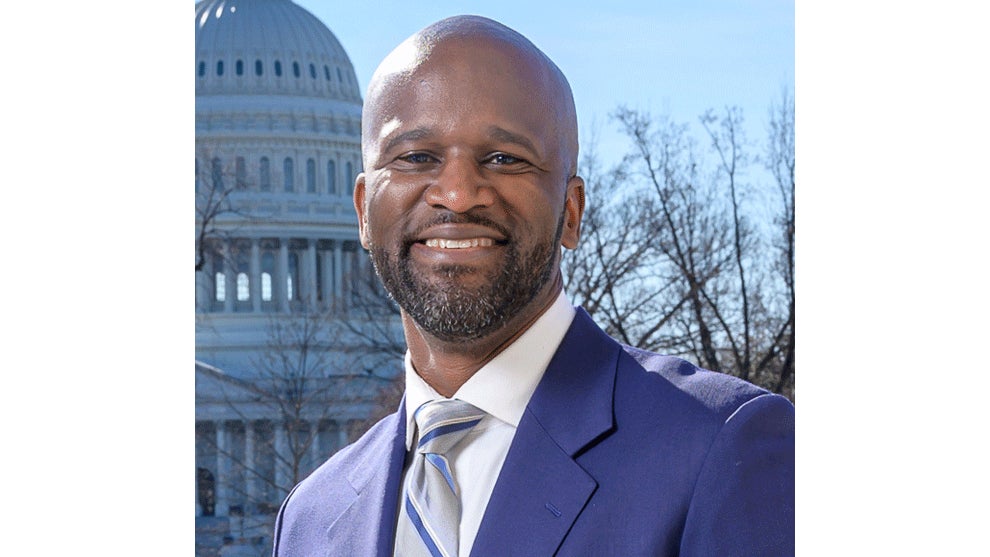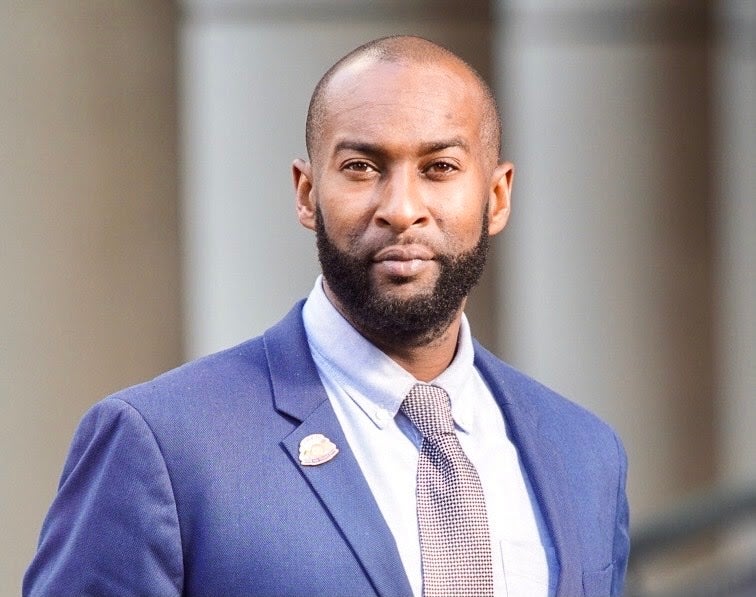Appeal rejected in death row case
Published 10:10 pm Thursday, February 22, 2018
JACKSON (AP) — The Mississippi Supreme Court said Thursday that it won’t reconsider the death sentence for a man convicted in a quadruple killing at a furniture store.
Curtis Giovanni Flowers, now 47, has been tried six times in the July 16, 1996, shooting deaths in Winona.
He was convicted and sentenced to death in three trials, but those were overturned. Jurors couldn’t agree on a verdict in the fourth and fifth trials.
Flowers was convicted and sentenced to death during his sixth trial, in 2010. The Mississippi Supreme Court upheld that conviction in 2014.
Then, in 2016, the U.S. Supreme Court told state justices to review whether there was discrimination in how some black people were excluded as potential jurors. Flowers is African-American, as was one of the people killed. The other three killed were white.
In November, state justices said they found no discrimination in jury selection. Flowers’ attorneys requested a rehearing. State justices Thursday reaffirmed their November ruling.
Flowers has other appeals available, said one of his attorneys, Alison Steiner.
“He can seek review in the United States Supreme Court again on any of the federal issues (state justices) decided,” Steiner said Thursday.
No execution date has been set.
Winona is a town of about 5,000 residents roughly 90 miles (145 kilometers) north of Jackson. Tardy Furniture Store owner Bertha Tardy and three of her employees, Robert Golden, Carmen Rigby and Derrick Stewart, were each shot in the head.
Flowers told investigators he worked at Tardy Furniture a few days and had been fired on July 6, 1996. Court records show that police said Flowers gave inconsistent accounts of where he was the day of the killings. He said he was babysitting his girlfriend’s children when the killings took place.
Flowers moved to Texas in September 1996, then was arrested and brought back to Mississippi, where he was indicted in March 1997.





